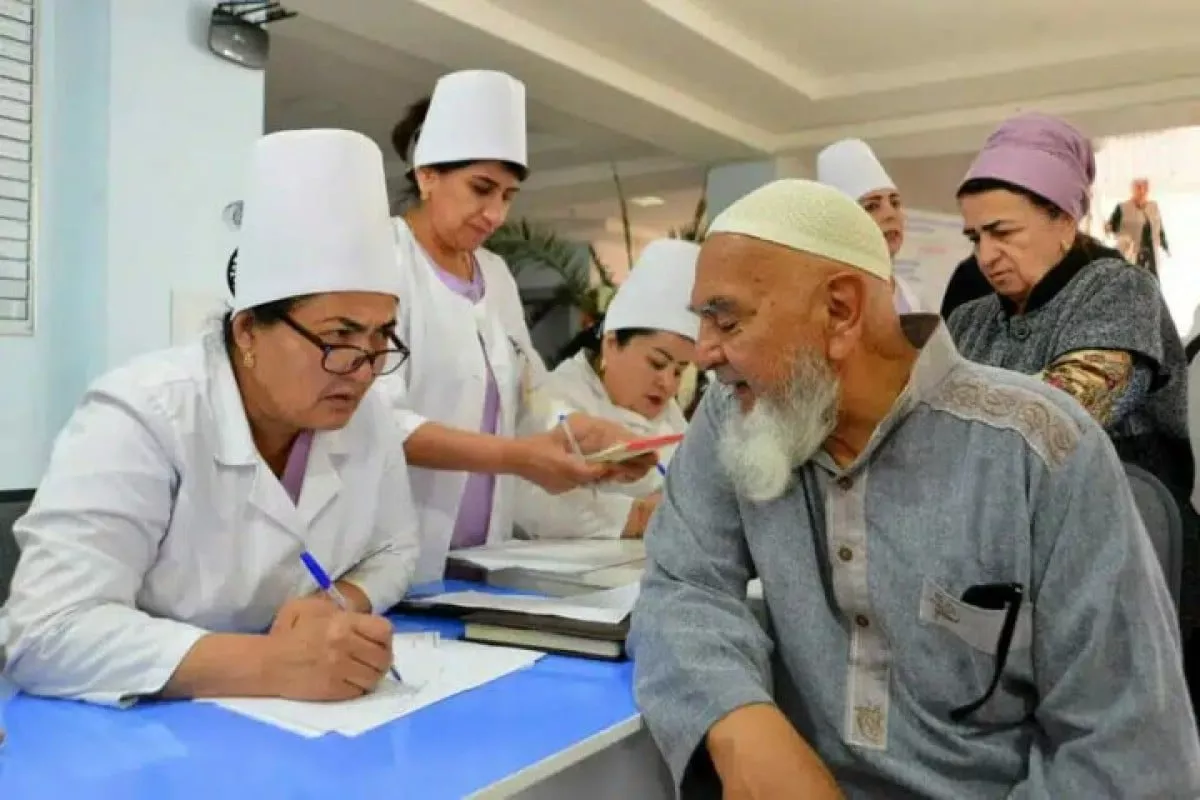
The government of Uzbekistan has launched comprehensive reforms aimed at fundamentally improving the national healthcare system. This was reported by Upl.uz.
These reforms are focused on improving the quality of medical care for the population and ensuring easier access to it. On August 19, President Shavkat Mirziyoyev reviewed and approved the relevant proposals, marking the beginning of large-scale changes in the sector.
One of the main directions of the reforms is to reduce the centralization of medical care. Currently, the main burden is concentrated in republican medical centers, which creates difficulties for residents of regions and districts.
Therefore, the scope of services at the regional and district levels will be significantly expanded. To standardize treatment methods across the country, 1500 clinical protocols will be adapted, and standard operating procedures and patient pathways will be digitized.
Special attention will be paid to non-communicable diseases such as hypertension, ischemic heart disease, and diabetes. The increase in these diseases leads to a rise in strokes and heart attacks, 85 percent of which result in disability.
Hence, new prevention and treatment protocols will be introduced at the primary healthcare level, with extensive use of artificial intelligence technologies. Additionally, EKG telemetry and telemedicine systems will be implemented to enable remote consultations.
Modern methods such as thrombolysis therapy, stenting, and thromboextraction will be applied for emergency situations. One of the key projects of the reforms is the establishment of the National Neurology and Neurorehabilitation Center in Tashkent.
This center will have 250 beds and will perform over 3000 high-tech surgical operations annually. The project will receive $150 million in funding, and clinics of medical universities in Samarkand and Bukhara will be equipped with modern equipment.
With the help of Japanese partners, an early rehabilitation service meeting international standards will be established, and 150 local specialists will receive advanced training abroad. The healthcare infrastructure will also be renewed.
The current system will be fully mapped and digitized. Based on this data, a unified priority plan will be developed, new building construction standards will be introduced, and 210 sanitary regulations will be updated to meet modern requirements.
Significant changes are also expected in laboratory services. Currently, 150 district-level laboratories, many operating with outdated equipment, serve 2800 polyclinics, which increases public distrust in the results.
To address this issue, by 2030, 198 centralized laboratories will be established, all equipped with quality control systems and fully digitized. Additionally, the list of free tests will be expanded.
Changes will also be made in medical education. The Nursing Academy will be transformed into the Professional Medicine Academy under the Tashkent State Medical University.
Joint educational programs with international partners will be introduced, and a system for awarding international certification to nurses based on the NCLEX exam will be established. Admission quotas for higher nursing education will be increased, and all educational programs will undergo accreditation for compliance with international standards.
Students will spend more practical training directly at the patient’s bedside. Blood services will also be reformed.
Between 2026 and 2030, the country will be fully supplied with blood components, production of blood products will be established, and modern virus inactivation technologies will be introduced to enhance safety. Important measures will also be taken in the pharmaceutical sector.
In this sector, with a market size exceeding $2 billion, ensuring the quality and safety of medicines






